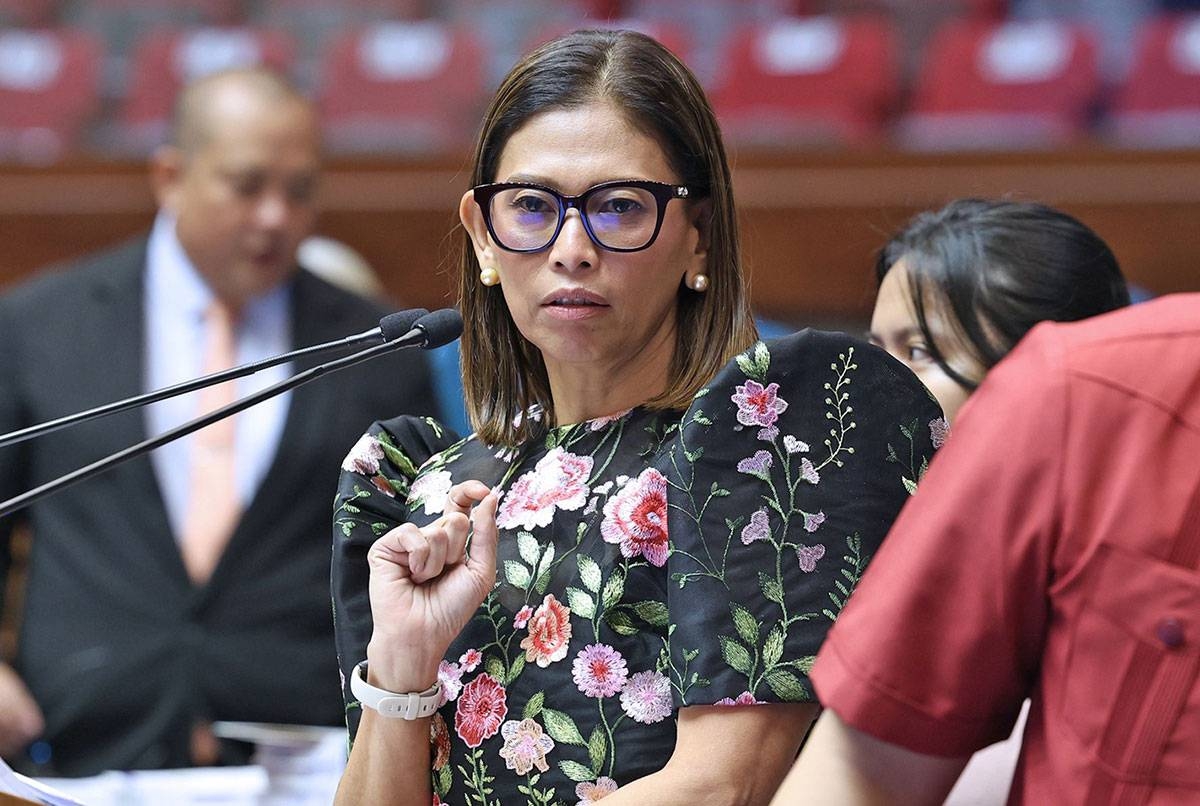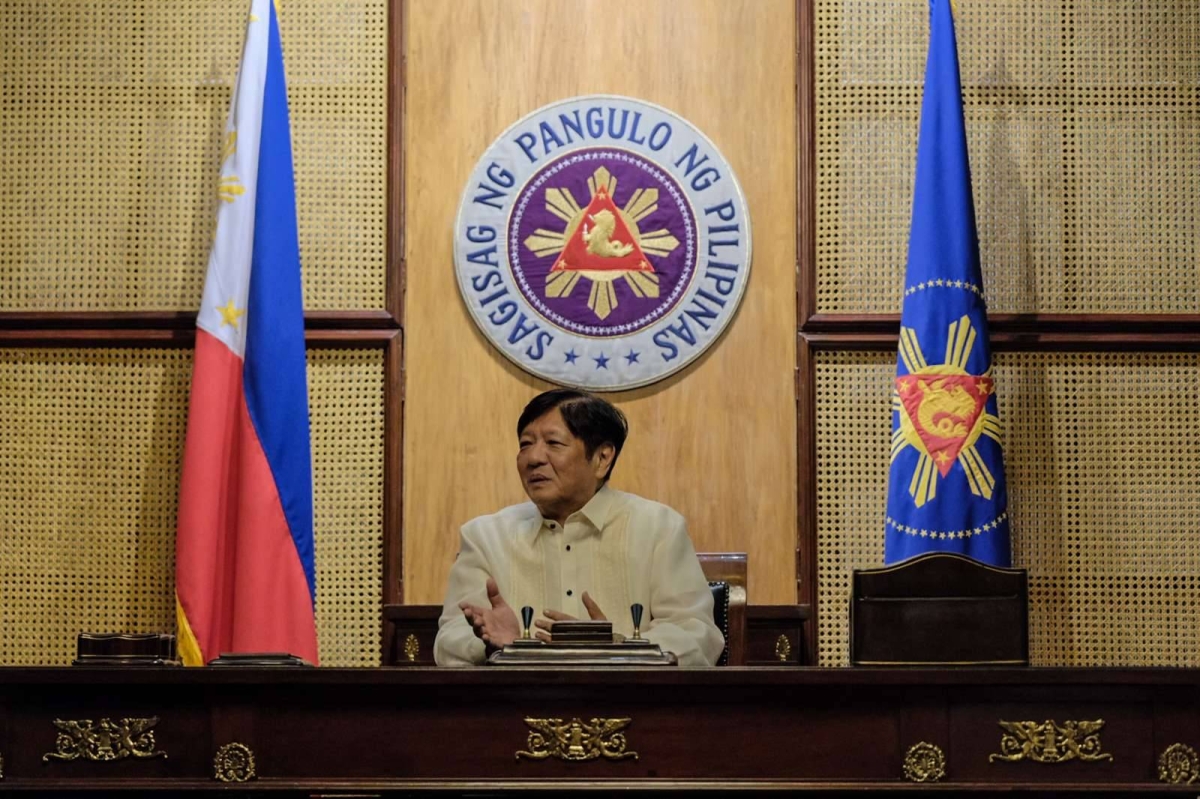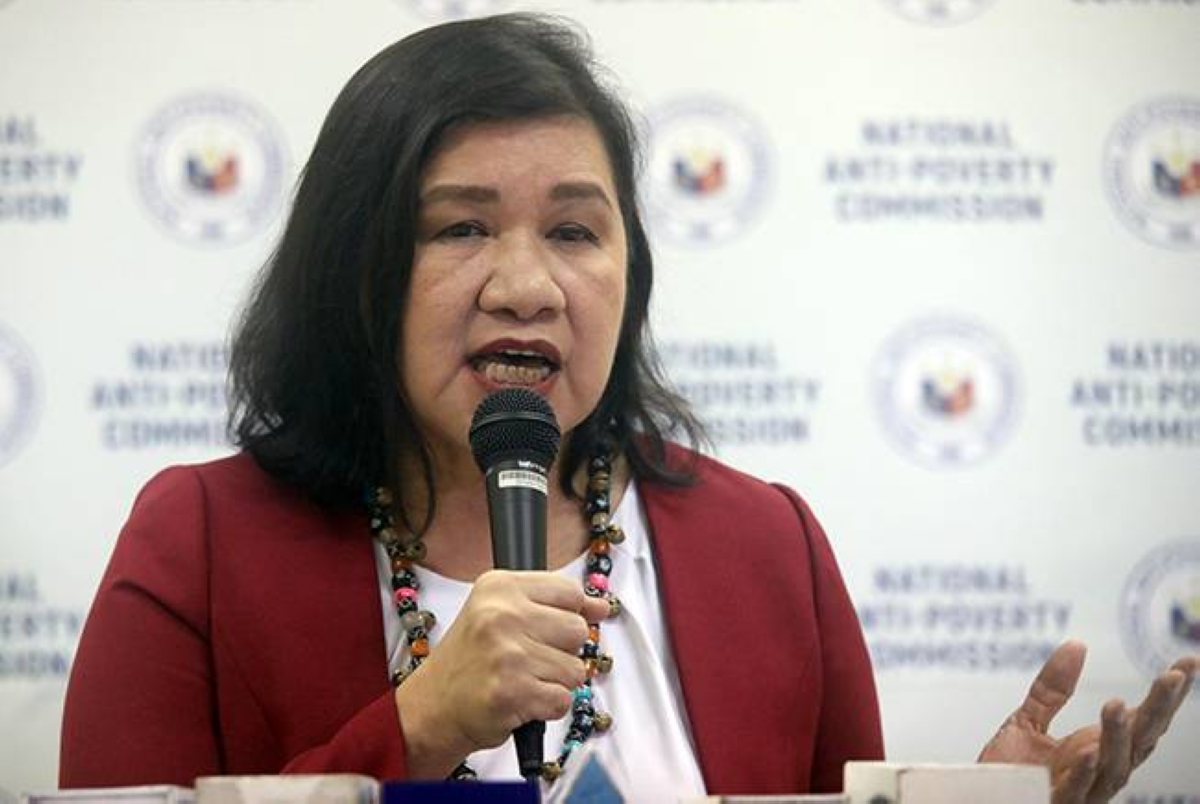Charter change, commonly referred to as Cha-cha, has been a topic of debate in the Philippines. While it is not a cure-all for the country’s economic problems, it is necessary to keep up with global competitors, according to Marikina 2nd District Rep. Stella Luz Quimbo.
In a recent statement, Rep. Quimbo emphasized that charter change should not be seen as a panacea for all of the country’s economic ills. She acknowledged that there are other pressing issues such as corruption, red tape, and expensive electricity that also need to be addressed. However, she believes that charter change is one of the necessary measures to ensure that the Philippine economy remains competitive.
Quimbo highlighted that economic Cha-cha sends a clear signal to the world that the Philippines is a new and dynamic player in the global market. It signifies that the country is flexible, equipped to adapt, and ready to engage with foreign investors. With charter change, the Philippines aims to compete with its neighboring countries and attract more foreign direct investments (FDIs).
Resolution of Both Houses (RBH) 6, which originated from the Senate, proposes to amend certain provisions of the Constitution by adding the phrase “unless otherwise provided by law.” This amendment requires a separate House and Senate vote, with three-fourths of each chamber’s membership in favor.
RBH 6 was filed by Senate President Juan Miguel Zubiri, Sen. Loren Legarda, and Sen. Juan Edgardo “Sonny” Angara. The House is open to adopting this resolution, showing a willingness to move forward with charter change.
Quimbo emphasized the need for increased FDIs in the Philippines. Despite the country’s economic gains, the growth of FDIs has not kept pace with other indicators. Over the last decade, the Philippines received $83.5 billion in gross FDI inflows, significantly lower than its ASEAN neighbors. For comparison, Indonesia and Vietnam attracted $220 billion and $137 billion, respectively.
The decline in net FDI inflows by 15.9 percent in the first three quarters of 2023, as reported by the Bangko Sentral ng Pilipinas, is a cause for concern. Quimbo believes that revitalizing FDI growth is crucial for the Philippines to remain competitive in the region.
Contrary to some concerns, Quimbo clarified that economic Cha-cha is not about opening the floodgates to undermine local stakeholders. It is about creating a framework for intelligent and sustainable foreign investment that complements local industries. The goal is to strike a balance that benefits both foreign investors and local stakeholders.
Quimbo acknowledged that the Philippines has spent the past three decades debating charter change while missing out on opportunities. She emphasized that the time for talk is over and the time for action is now. Implementing charter change will enable the country to seize new economic opportunities and create a favorable environment for growth.
In conclusion, while charter change is not a cure-all for the country’s economic problems, it is an essential step to keep up with global competition. By amending certain provisions of the Constitution, the Philippines aims to attract more FDIs and create a business-friendly environment. It is crucial for the country to invigorate FDI growth and ensure sustainable economic progress. Charter change is not about undermining local stakeholders but about embracing intelligent and balanced foreign investment. The Philippines must seize this opportunity for economic advancement and secure its place among the leading economies in the region.
Source: The Manila Times





